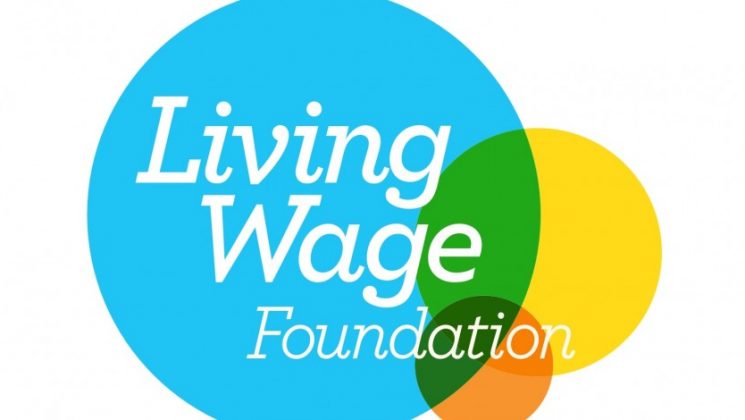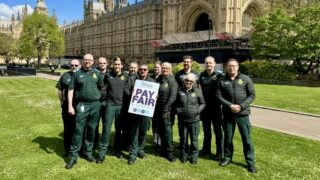Following partnership working with UNISON, University of Bath can today call itself a Living Wage employer with accreditation from the Living Wage Foundation. This means the university will pay at least the voluntary Living Wage of £9 an hour to all staff.
This will positively affect more than 300 employees and will be implemented in staff’s April salaries.
As the second largest employer in Bath and North East Somerset, the University employs around 3,300 people locally. The workforce combines academics who teach and research and staff who provide a range of services including student support, accommodation, retail and catering and looking after the campus grounds and buildings.
£9 is the figure set currently by the Living Wage Foundation to reflect a truer cost of living once inflation is fully taken into account. This is significantly higher than the national living wage, set by the government, which is currently at £7.83 for over 25s.
Richard Brooks, Director of Human Resources at the University, said:
“These are financially challenging times for the sector and it is important that we invest our resources in the right things.
“I am delighted that our commitment to paying the Voluntary Living Wage has been recognised in this way.”
Gavin Brooks, UNISON Regional Manager, said:
“This is fantastic news for staff employed at the University of Bath, and UNISON would like to congratulate the University on setting the standard for other employers to meet.
“The Living wage is about guaranteeing a meaningful standard of living for communities, and I am sure that other key employers in the City, from the Council to the Care Industry will see the value in ensuring that they follow this example”
What is the real Living Wage?
The real Living Wage is an hourly rate of pay set independently and updated annually (not the UK government’s National Living Wage).
It is calculated according to the basic cost of living in the UK, and employers choose to pay the Living Wage on a voluntary basis. According to the Living Wage Foundation, since 2001 the campaign has impacted over 180,000 employees and redistributed over £800m to some of the lowest paid workers in the UK.




